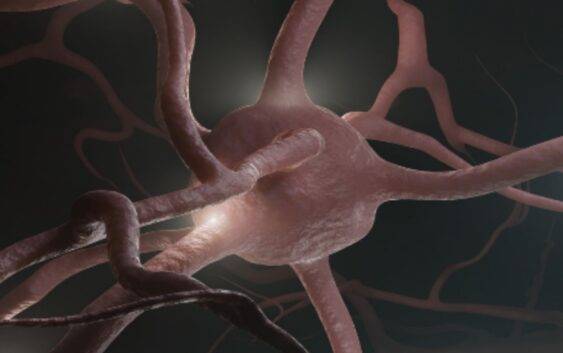- Digital Vitamin Hub: Discovering Reliable Online Platforms for B12 Injections in the UK
- Dental Tourism Exploring Affordable Dental Care Abroad
- Discovering Hope in Hospice Care, Los Angeles
- The Pain That Is Sustained After An Auto Accident Is Often Delayed
- CONSCIOUSLY DISCOVERING CARPAL TUNNEL SYNDROME
Neural Stem Cells: What They Are and Why They Are Important

Modern medicine is continuously evolving, which has given way to the development of innovative new treatments and medications.
Despite these advancements, brain injuries are notoriously difficult to treat. Ailments such as severe concussions and traumatic brain injuries (TBIs) can result in diminished neurological function, reduced mental acuity, and other serious issues.
However, the discovery of a new type of cell, known as neural stem cells, has been at the center of neurodegenerative treatment protocols. These cells have unique properties that may be useful for treating various types of brain damage.
What Are Stem Cells?
Stem cells are a special type of cell that can transform into many different specialized cells. Stem cells can repeatedly divide in order to repair or replace damaged tissues.
Stem cells have been used by everyone from weekend warriors who enjoy rec league sports to professional athletes. Stem cell therapy may benefit individuals who have suffered injuries to muscles, ligaments, and other soft tissues.
In addition to the uses outlined above, stem cells might be useful for treating neurological conditions, but more on that below.
Neural Stem Cells vs. Other Stem Cells
Stem cells are found in several substances throughout the body. The most well-known source of stem cells is found in Wharton’s Jelly. This substance is located in human umbilical cords.
Stem cells are also found within bone marrow and adipose (fat) tissue. When performing stem cell therapy, bone marrow and adipose tissue are the two most common harvesting locations used by medical personnel.
Neural stem cells are different from other types of stem cells in that they are located within the brain. These cells are capable of transforming into oligodendrocytes, astrocytes, and neurons. In theory, neural stem cells could be used to treat patients who have suffered a serious brain injury.
Potential Benefits of Neural Stem Cells
Medical providers are hopeful that neural stem cells will benefit patients who are suffering from neurodegenerative conditions and symptoms related to traumatic brain injuries. Specifically, recent research suggests that stem cells may counteract oxidative stress-related neurodegeneration.
While the benefits of neural stem cells, and stem cells in general, are still being studied, early evidence is quite promising. At a minimum, stem cell therapy can safely be used either as an alternative to traditional interventions or as a supplemental treatment option.
This post was written by a medical professional at Stemedix Inc. At Stemedix we provide access to Regenerative Medicine for ALS, also known as Stem cell treatment for ALS. Regenerative medicine has the natural potential to help improve symptoms sometimes lost from the progression of many conditions.
